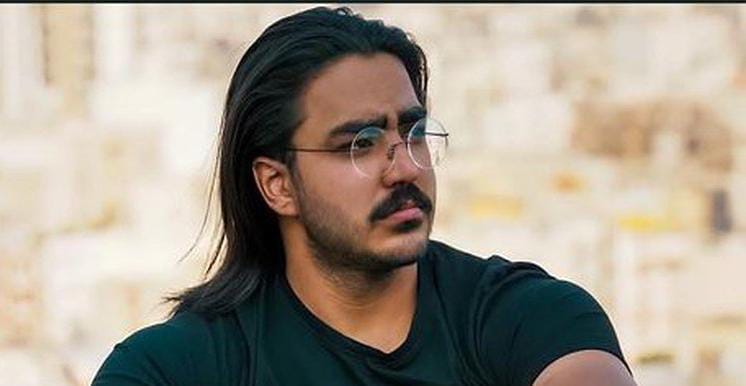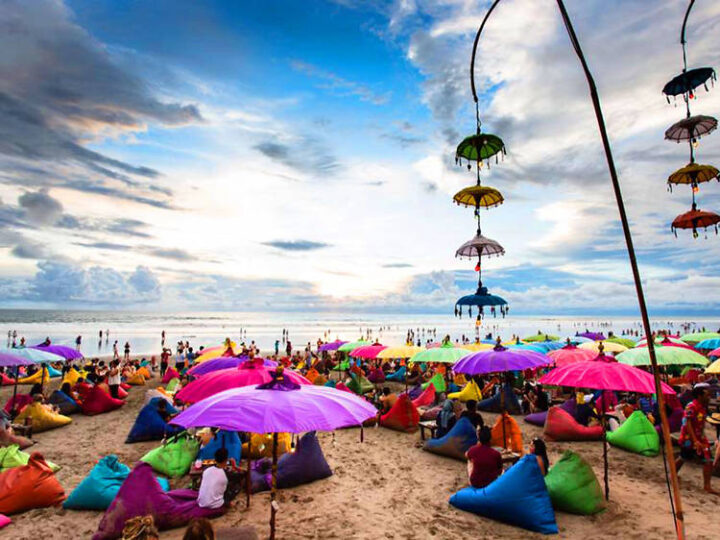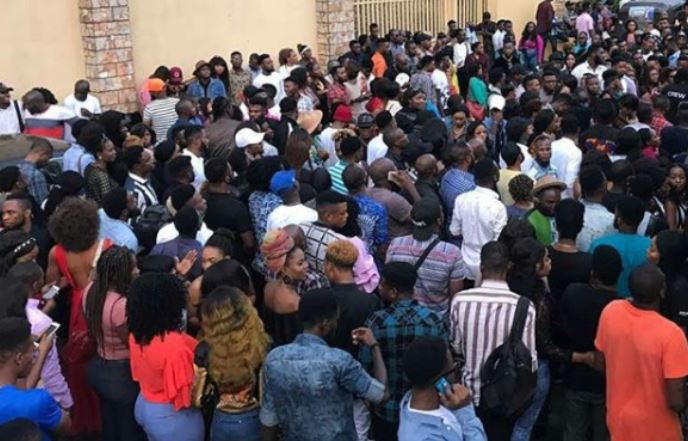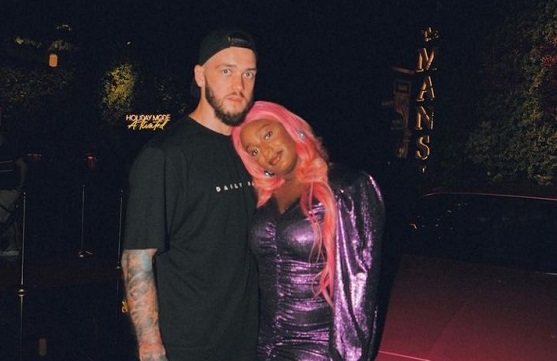Majidreza Rahnavard. Photo: Iran Human Rights/iranhr.net
Iran has executed a man who was arrested during unrest linked with the country’s ongoing anti-government protests.
The 23-year-old deceased, identified as Majidreza Rahnavard, was said to have been hanged from a construction crane on Monday in the city of Mashhad.
According to Iran’s judiciary’s news website, Rahnavard was convicted of killing two members of the country’s Basij paramilitary force on November 17.
“The suspect was arrested by the security forces while he had fled from Mashhad and was planning to flee the country. Immediately after the arrest of the accused, the proceedings began,” the judiciary said.
Advertisement
The court had accused him of “waging war against God” and said he would be punished accordingly.
Within four weeks of his arrest, he was charged, sentenced to death, and executed without reportedly having legal counsel.
The judiciary’s news agency posted several pre-dawn photographs reportedly showing the execution of Rahnavard at an undisclosed location in the presence of a group of few people behind barricades.
Advertisement
Masked security forces were seen cordoning off the area.
After Rahnavard’s execution, Gholam Sadeghi, chief justice of Khorasan Razavi, thanked the law enforcement agents for “performing their legal duties in the shortest possible time, as well as the officials and the judicial review board, who according to the three principles of correctness, accuracy handled this case quickly, responding to public demands for order and security and dealing with rioters and lawbreakers”.
The development comes days after Iran announced its first public execution of a person convicted for an alleged crime stemming from the country’s ongoing protests.
The man executed was identified by Iranian judiciary as Mohsen Shekari.
Advertisement
Like Rahnavard, Shekari was convicted of “waging war against God” for allegedly attacking a security officer with a knife and closing off a street in Tehran, Iran.
After Shekari’s conviction, Masoud Setayeshi, the judiciary spokesman, had said anyone who uses a “cold or warm weapon with the intent of harming the life, possessions or family of people or to terrorise them” could be convicted of moharebeh – or “waging war against God” – which carries the death penalty.
Iran has been experiencing its biggest uprising in decades after the death of Mahsa Amini, a Kurdish woman from the north-western city of Saqez, who was said to have been arrested by the morality police on September 13 for not wearing a proper hijab.
Foreign-based human rights organisations have said more than 450 people have been killed during the protests, which is higher than the death toll of 200 provided by Iran.
Advertisement
The human rights groups have also warned that more people arrested in connection with the protests could be executed soon.
Iran is second to China as the country with the most executions carried out annually.
Advertisement
Meanwhile, weeks after the protests began, the morality police was disbanded.
Advertisement
Add a comment






